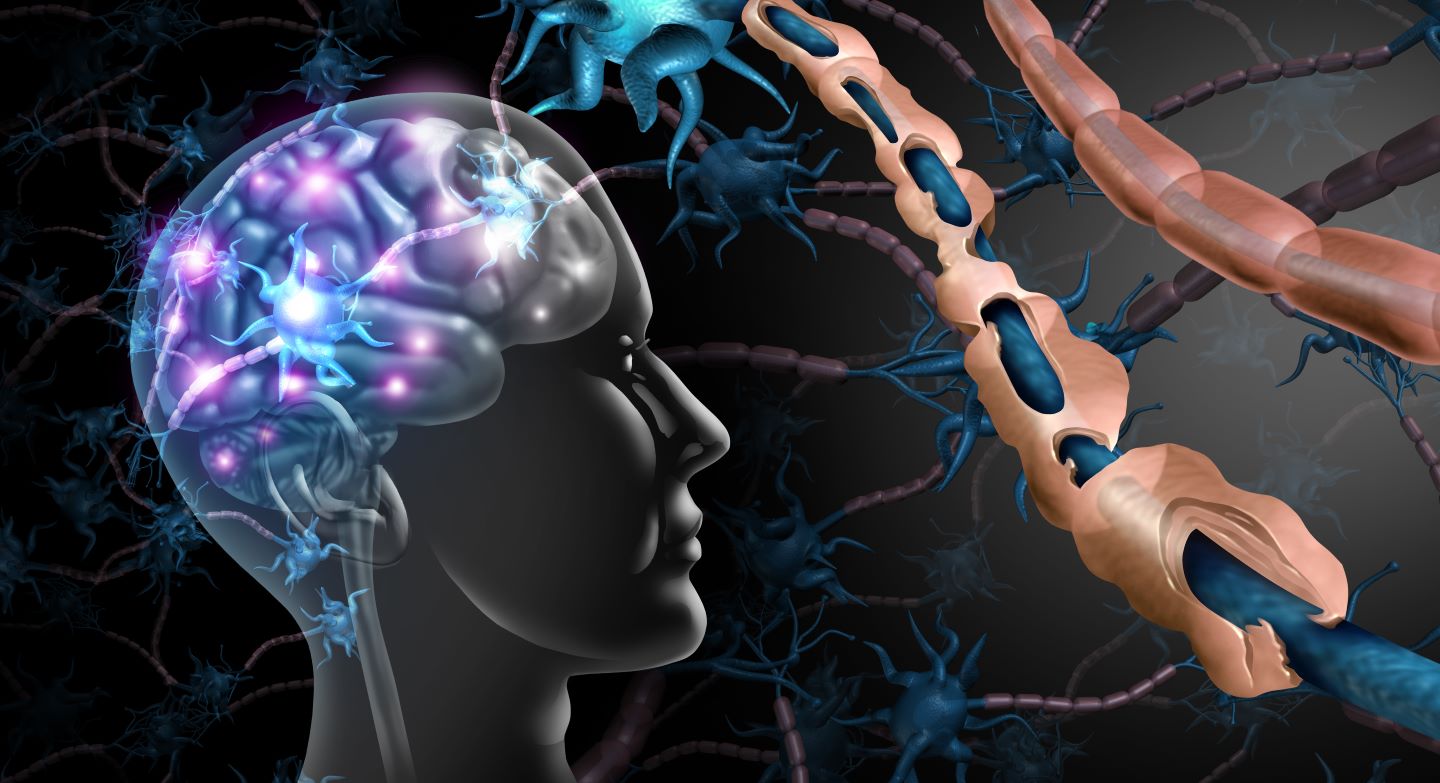

The US Food and Drug Administration (FDA) has granted fast track designation to Kyverna Therapeutics’ autologous, fully human CD19 chimeric antigen receptor (CAR) T-cell therapy, KYV-101, for the treatment of multiple sclerosis (MS).
The development comes after the company received investigational new drug application (IND) clearance for the KYSA-7 Phase II multicentre, open-label clinical trial of KYV-101.

Discover B2B Marketing That Performs
Combine business intelligence and editorial excellence to reach engaged professionals across 36 leading media platforms.
The designation aims to expedite the development and review of new products that address unmet medical needs.
A lead product candidate of the company, KYV-101 is designed to act on the CD19 protein found on the B cell surface, which is implicated in a range of autoimmune ailments.
The therapy modifies patients’ T cells to detect and kill B cells.
Originating from a partnership with the US National Institutes of Health, the CAR in KYV-101 was engineered to enhance tolerability and has been assessed in a 20-subject Phase I oncology trial.

US Tariffs are shifting - will you react or anticipate?
Don’t let policy changes catch you off guard. Stay proactive with real-time data and expert analysis.
By GlobalDataKyverna is carrying out two trials of KYV-101 in lupus nephritis patients.
The company also plans to launch further trials of KYV-101 for systemic sclerosis, myasthenia gravis and multiple sclerosis.
Last month, the FDA granted fast track designation for KYV-101 to treat myasthenia gravis.
Kyverna CEO Peter Maag stated: “We appreciate the FDA’s support to accelerate the development of potentially life-changing CAR T-cell therapies that could greatly benefit patients living with severe and debilitating neurological autoimmune diseases.
“This marks another important milestone in our endeavour to change the treatment paradigm with KYV-101.”
As a clinical-stage biopharmaceutical company, Kyverna focuses on the development of cell therapies for autoimmune ailments.
Its pipeline also features next-generation CAR T-cell therapies in both autologous and allogeneic formats designed to fit for treating B cell-driven autoimmune diseases. The company anticipates that the properties of its KYV-101 are vital for the success of CAR T cells in treating autoimmune diseases.





